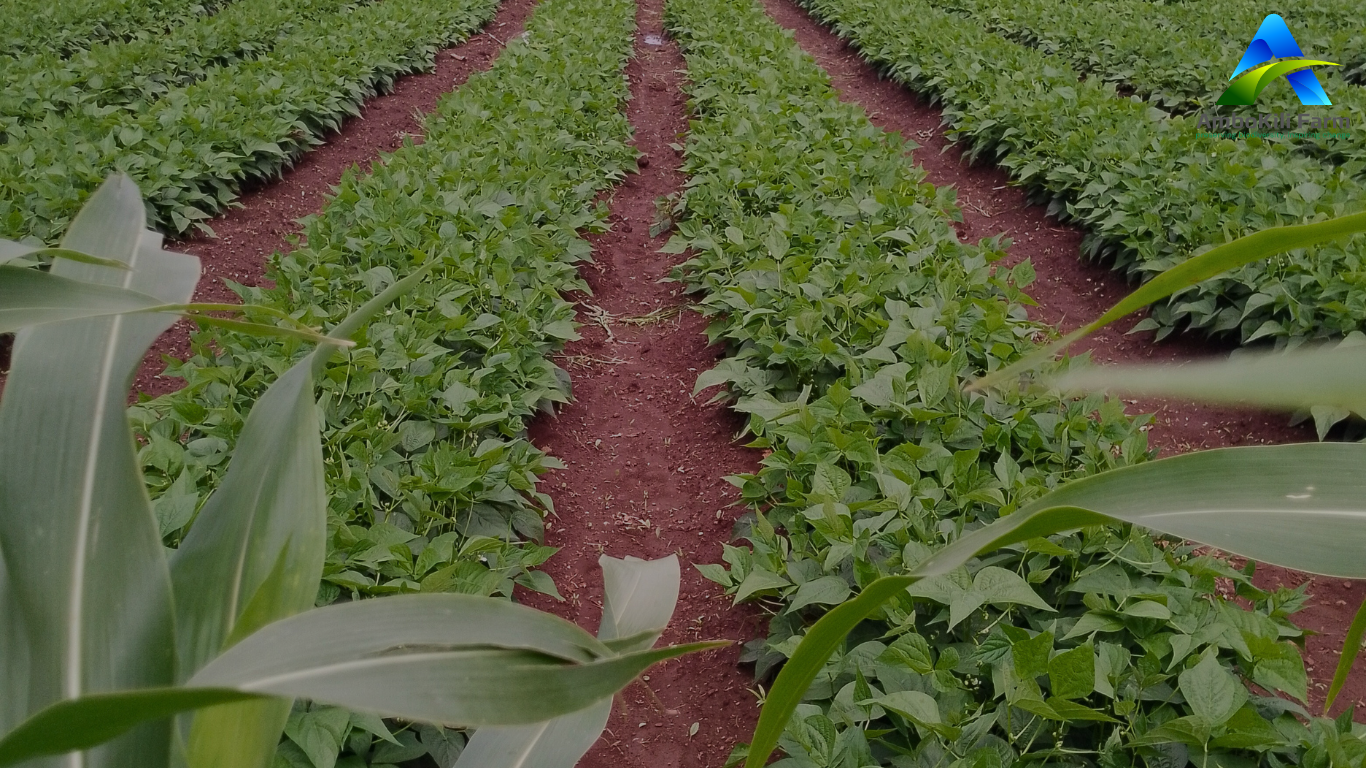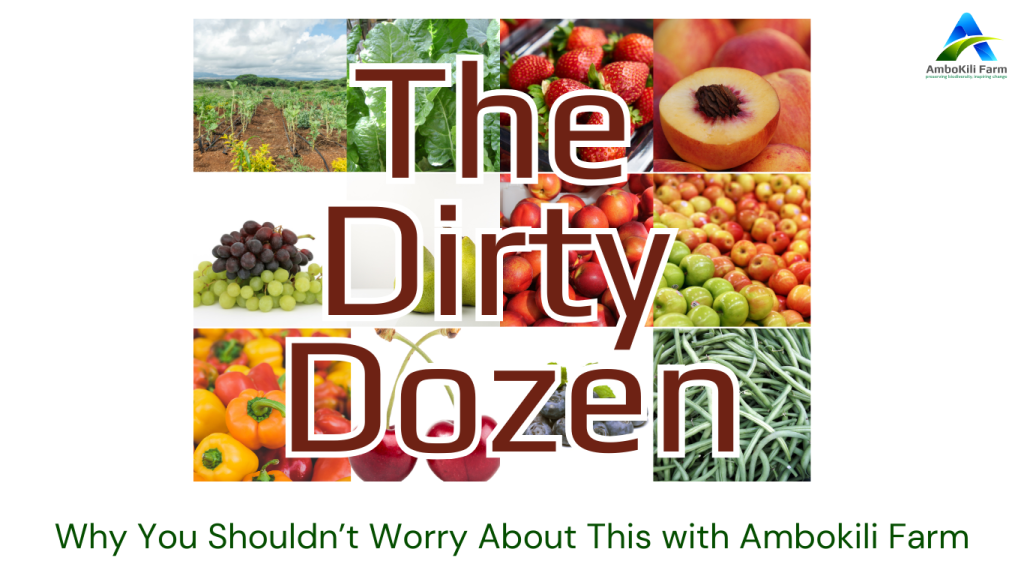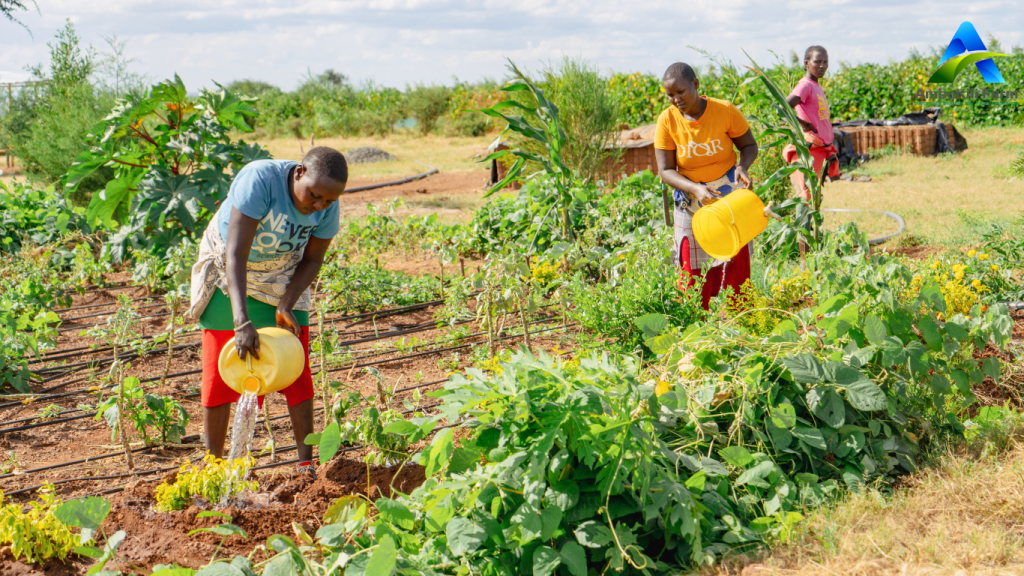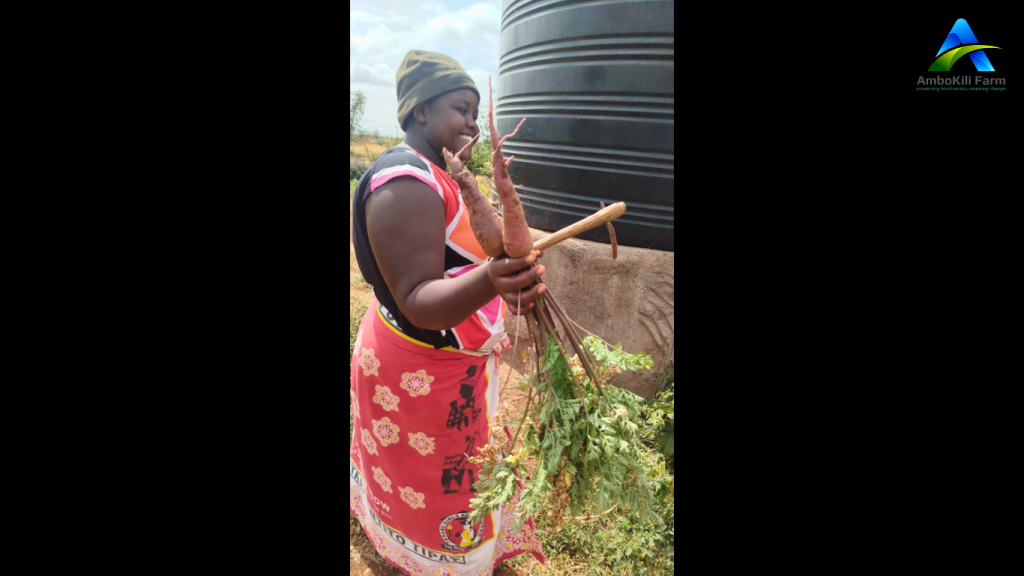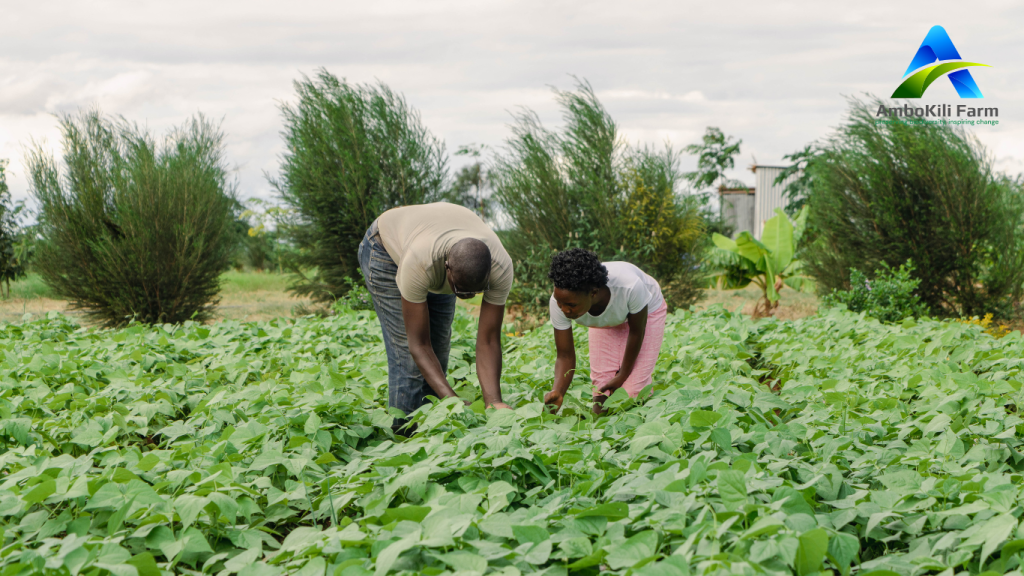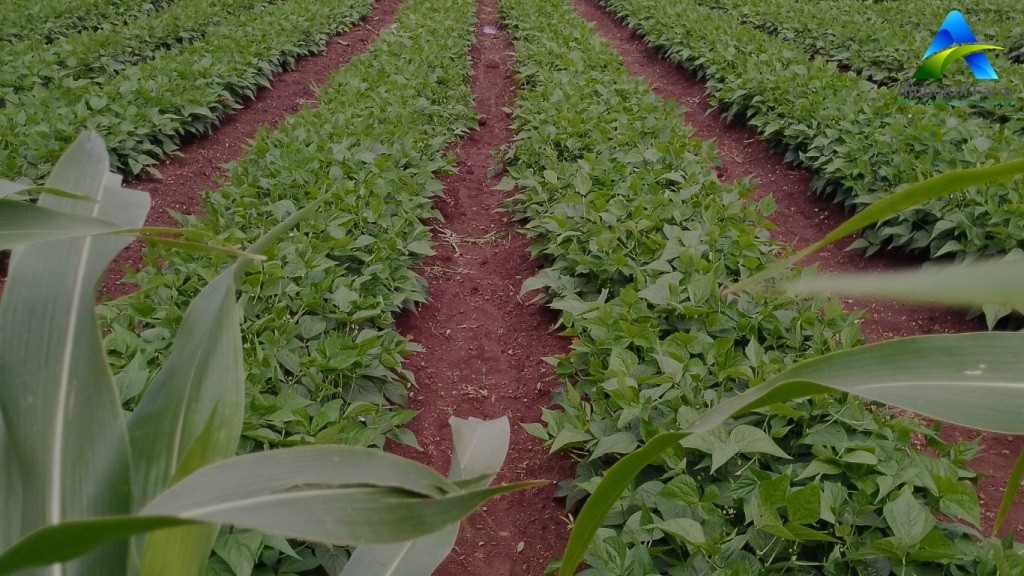
As the global population continues to rise, the question of how to feed billions of people sustainably becomes increasingly urgent. According to the United Nations (UNDESA), the world’s population is projected to reach 9.7 billion by 2050, placing unprecedented pressure on global food systems. Amidst this challenge, organic farming has been lauded for its environmental benefits, but can organic food truly sustain a growing world population?
The Growing World Population: Trends and Implications
The global population has been growing at an exponential rate. From just 2.5 billion people in 1950, the number soared to 7.9 billion by 2021. This rapid growth is expected to continue, with Africa and Asia experiencing the most significant increases. For instance, Africa’s population is expected to double by 2050, reaching approximately 2.5 billion people.
This growth brings challenges related to food security, particularly in regions already grappling with hunger and malnutrition. The Food and Agriculture Organization (FAO) estimates that food production must increase by 70% by 2050 to meet the needs of the growing population. The central question is: can organic farming, known for its lower yields compared to conventional agriculture, rise to this challenge?
What is Organic Farming?
Organic farming is an agricultural method that emphasises the use of natural processes and inputs, avoiding synthetic chemicals, genetically modified organisms (GMOs), and artificial fertilisers. It promotes biodiversity, improves soil health, and reduces environmental impacts like pollution and greenhouse gas emissions. The benefits of organic farming are well-documented, including healthier ecosystems and potentially more nutritious food. The benefits of organic farming are well-documented:
- Environmental Sustainability: Organic farming reduces pollution, conserves water, reduces soil erosion, increases soil fertility, and uses less energy. These benefits are crucial in the context of climate change, where sustainable practices are necessary to maintain agricultural productivity.
- Nutritional Quality: Research suggests that organic foods may have higher concentrations of certain nutrients, including antioxidants, than conventionally grown foods. For instance, a meta-analysis published in the British Journal of Nutrition found that organic crops have higher concentrations of antioxidants, which are crucial for maintaining health.
- Biodiversity Preservation: Organic farms typically host a greater variety of plants, animals, and microorganisms. This biodiversity is essential for ecosystem resilience and the sustainability of food production systems.
- Reducing Food Waste: Approximately one-third of all food produced globally is lost or wasted. Organic farming, with its emphasis on local and seasonal produce, can help reduce food waste by promoting shorter supply chains and more mindful consumption.
However, its capacity to feed a rapidly growing population is hotly debated.
The Yield Gap: Can Organic Farming Produce Enough Food?
One of the most significant criticisms of organic farming is its lower yields compared to conventional farming. Research published in the journal Nature found that organic yields are, on average, 25% lower than conventional yields. This yield gap varies by crop and region, with some studies showing smaller differences or even higher yields for certain organic crops. However, in most cases, conventional farming outperforms organic farming in terms of sheer productivity.
Given this yield gap, the argument against organic farming’s ability to feed a growing population seems compelling.
However, focusing solely on yield misses the broader picture. The argument against organic farming’s ability to feed the growing population assumes that higher yields are the only solution. But this perspective overlooks several critical factors:
- Food Waste and Overconsumption: Addressing the global issue of food waste could significantly reduce the need for ever-increasing food production. According to the FAO, reducing food loss and waste could contribute to global food security, potentially reducing the pressure on agricultural systems to produce more.
- Sustainable Intensification: Organic farming can be combined with techniques such as agroecology, crop rotation, and intercropping to optimise yields while maintaining environmental sustainability. These practices can narrow the yield gap while preserving the ecological benefits of organic farming.
- Local and Regional Focus: Organic farming, particularly in its ability to support local food systems, can be a critical component of feeding the global population. By focusing on regional diets and reducing dependence on global supply chains, organic farming can contribute to food security in a sustainable manner.
- Consumer Behavior Change: Shifts in consumer behavior, such as reducing meat consumption and opting for more plant-based diets, can also play a significant role in reducing the overall demand for agricultural resources. Organic farming is well-suited to support such dietary shifts, given its focus on diverse, plant-based crops.
Addressing these issues could reduce the pressure on agriculture to produce ever-increasing amounts of food.
The Environmental and Health Benefits of Organic Farming
While organic farming may produce lower yields, its environmental and health benefits are undeniable. Conventional agriculture is one of the leading causes of biodiversity loss, soil degradation, and water pollution. It also contributes significantly to climate change, accounting for about 25% of global greenhouse gas emissions. In contrast, organic farming practices are designed to work in harmony with nature, enhancing soil fertility, preserving biodiversity, and reducing pollution.
Health-wise, organic food is often free from harmful pesticide residues and may contain higher levels of certain nutrients, such as antioxidants. A study published in the British Journal of Nutrition found that organic crops have higher concentrations of antioxidants and lower levels of cadmium and pesticide residues compared to conventionally grown crops.
These benefits highlight organic farming’s potential role in creating a more sustainable and health-conscious food system, but the question remains: can it scale up to meet global demand?
Can Organic Farming Be Scaled Up?
Scaling up organic farming to feed the world would require significant changes in how we produce and consume food. To overcome the yield gap, organic farming would need to adopt innovative practices, such as precision agriculture, agroecology, and permaculture. These practices could help optimise resource use, increase productivity, and make organic farming more efficient.
What’s the Best Way Forward?
To fully realise the potential of organic farming in feeding the growing world population, several adjustments need to be made:
Research and Innovation: Continued investment in research to improve organic farming practices, including breeding crops that are better suited for organic systems and developing new techniques to increase productivity, is essential.
Policy Support: Governments and international organisations need to support policies that encourage organic farming, including subsidies, education, and infrastructure development. This support can help scale up organic farming and make it more accessible to farmers worldwide.
Integrated Approaches: Combining organic farming with other sustainable agricultural practices, such as agroforestry, permaculture, and regenerative agriculture, can help build resilient food systems capable of feeding the global population.
Consumer Education: Educating consumers about the benefits of organic farming and promoting sustainable consumption patterns can drive demand for organic products, supporting the growth of the organic farming sector.
While organic farming alone may not be the silver bullet to feeding the growing world population, it is a critical component of a multifaceted solution. A balanced approach that combines organic farming with other sustainable practices, reduces food waste, and promotes healthier diets could help address the global food security challenge. The future of food depends on our ability to innovate and adapt to the needs of both the planet and people.
